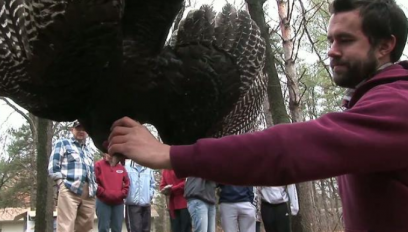Yards to Gardens (or Y2G) might just the most benevolent site in the web universe. Essentially, it functions as a matchmaker between people who want to garden but don’t have the space, and those who have the space, but not the time. (It also puts people who want chicken manure in contact with those who have it, and gives room to shout to those who are trying to give away extra seeds and clay pots, but more on that later.)
I say it’s benevolent because the founders of Y2G know that it’s just not right to let someone suffer with an unfulfilled primal urge to dig in the dirt. (They just want to grow things!) The purity of their sentiment is matched by the other side of the coin: people who have yards and gardening space and just want to see it put to good use.










